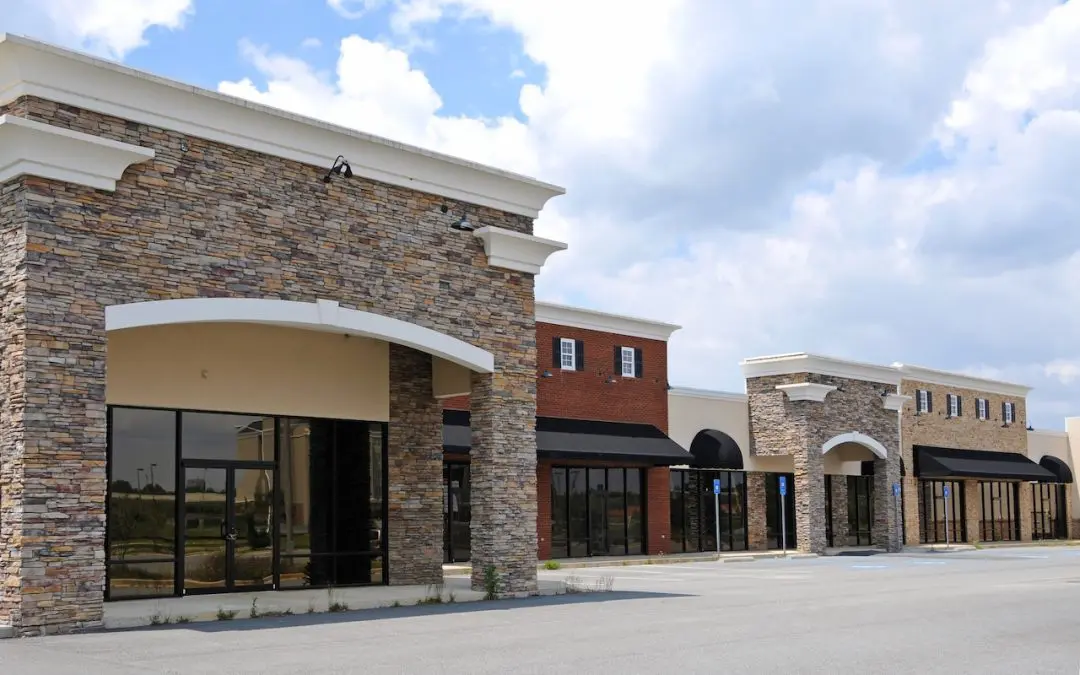Owning commercial property, regardless of size, is a significant financial undertaking. Unlike residential properties, commercial assets often involve complex systems, diverse uses, and strict regulatory requirements. Simply relying on visual appeal or a quick walkthrough is a recipe for catastrophic, hidden costs down the line. That’s why scheduling a comprehensive commercial building inspection is the most important action to protect your investment, guarantee occupant safety, and plan for sustainable profitability.
Protecting Your Bottom Line with a Commercial Building Inspection
The financial implications of a commercial building inspection are vast and extend far beyond the initial cost of the service. For investors, the inspection is your greatest leverage point. It provides a detailed, objective report that lays out the current state of the building and the projected lifespan of its major components.
Imagine purchasing a property only to discover six months later that the roof needs a full replacement or the HVAC system is running on borrowed time. These capital expenditures could run into the hundreds of thousands of dollars and instantly wipe out your returns. A thorough commercial building inspection catches these critical, costly deficiencies upfront. The resulting report empowers you to negotiate a lower purchase price, request the seller fund necessary repairs before closing, or simply walk away from a financially unsound deal.
Furthermore, the commercial inspection is an invaluable long-term budgeting tool. It helps you accurately forecast Capital Expenditures. By knowing that the boiler is nearing the end of its 20-year lifespan, you may proactively set aside funds, minimizing financial shocks and guaranteeing the continued smooth operation of your business or tenancy.
What a Commercial Building Inspection Examines
A commercial building inspection is far more complex than a residential one due to the complexity and scale of the mechanical and structural systems involved. The inspector’s focus is on the major building systems, as their failure could halt operations and create immense liability. The inspection typically begins with the foundation, structure, and exterior. Inspectors meticulously look for signs of foundation settling, structural cracks, and deficiencies in the building envelope (walls, windows, and roofing). Commercial roofs, especially flat membrane systems, are prone to complex drainage and flashing issues that could lead to catastrophic water damage if not identified early.
Mechanical and utility systems are the lifeblood of the building. The inspection includes a detailed look at the HVAC units, the electrical service capacity and wiring safety, and the plumbing system. Ensuring these critical systems are fully operational and have sufficient remaining useful life is essential for tenant satisfaction and business continuity. Fire suppression systems (sprinklers, alarms), emergency egress routes, and ADA accessibility compliance are paramount in commercial spaces. An inspector verifies that all safety features are operational and that the building adheres to strict local and federal codes, protecting you from potential fines and legal liability.
Compliance, Safety, and Due Diligence
Beyond the physical structure, a professional commercial building inspection addresses critical non-physical aspects that directly affect property ownership and risk. Commercial properties are governed by stringent building codes, fire codes, and accessibility regulations (like the ADA). Non-compliance could lead to massive fines, mandated costly renovations, and even injunctions against using the property. The inspection guarantees you are buying or managing a property that meets all legal requirements, mitigating risk and preserving your legal standing.
The inspector’s due diligence often involves a review of available documents, which could be as revealing as the physical inspection itself. They will review maintenance records, past repair invoices, building permits, environmental reports, and any existing warranties. This documentation provides context for the building’s history, verifying reported upgrades and flagging repeated, unresolved issues.
By providing a clear, evidence-based roadmap of necessary repairs and future maintenance, the commercial inspection allows you to move forward with confidence, transforming uncertainty into strategic foresight whether you are buying, selling, or simply maintaining your valuable asset.
Frequently Asked Questions (FAQs)
Do I need a commercial building inspection if the building is new?
Yes. Even new construction could have significant deficiencies in mechanical systems, electrical wiring, or structural components due to trade errors or rushed timelines.
What is the main difference between a residential and a commercial inspection?
Commercial inspections are typically broader in scope, cover complex systems (like multi-zone HVAC, elevators, and advanced fire safety), and place a heavy emphasis on regulatory compliance (ADA, fire code, etc.) and a financial analysis (the PCA and CapEx forecasting).
How often should I get a commercial building inspection after purchase?
While immediate checks are done before purchase, property owners should schedule periodic inspections, often annually or bi-annually, to catch small issues before they escalate into major, expensive failures.
Danny Inspections offers light commercial building and home inspections to the Chicago metropolitan area. If you’re buying or selling your property, contact us to schedule an appointment.

